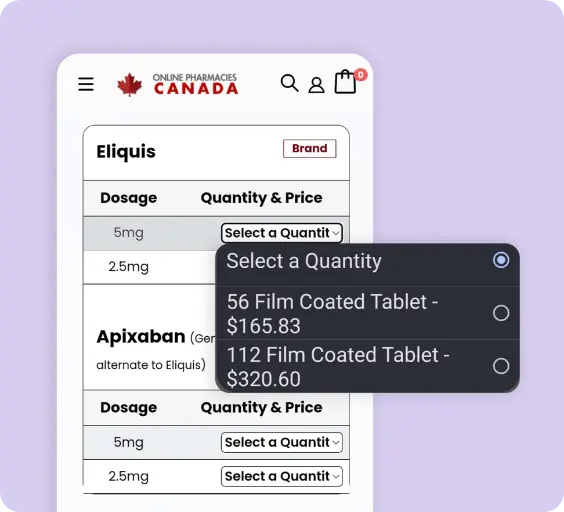Zestoretic is typically taken as a tablet by mouth, with or without food, as directed by a doctor. It is usually taken once daily in the morning, and if the medication causes frequent urination. Take the tablet at least 4 hours before bedtime to avoid disrupting sleep.
The dosage for Zestoretic (lisinopril/hydrochlorothiazide) can vary based on the individual’s medical condition and response to treatment and may also be adjusted over time. The recommended starting dose is 10 mg lisinopril/12.5 mg hydrochlorothiazide once daily. The dose may be increased after 2-3 weeks of therapy based on the patient’s blood pressure response, up to a maximum dose of 80 mg lisinopril/50 mg hydrochlorothiazide once daily.
If taking bile acid-binding resins to lower cholesterol, the Zestoretic tablet should be taken at least 4 hours before or after those medications. The appropriate dosage is determined by one’s medical condition and response to treatment.
To ensure the maximum benefit from Zestoretic, take the tablet at the same time each day. Even if feeling well, keep taking the medication as prescribed, as most people with high blood pressure do not experience symptoms. If a person’s condition does not improve, or if it worsens, such as with an increase or persistence of high blood pressure readings, consult a doctor for further evaluation.

 Prescription Required
Prescription Required
 Formulation: Tablet
Formulation: Tablet
 Prescription Required
Prescription Required
 Formulation: Tablet
Formulation: Tablet





















REVIEWS